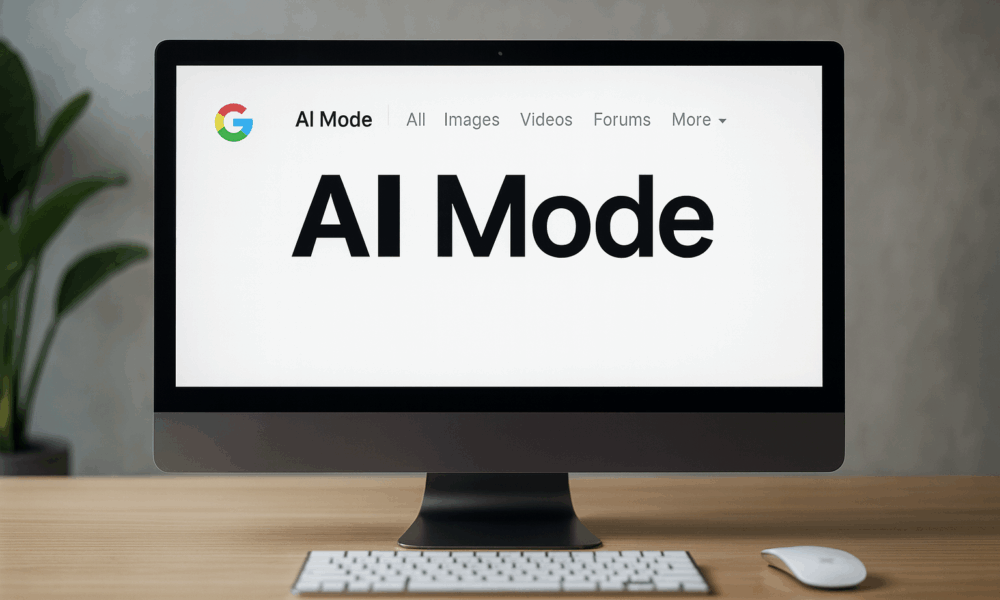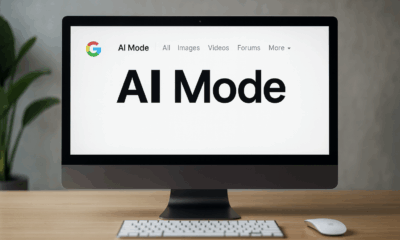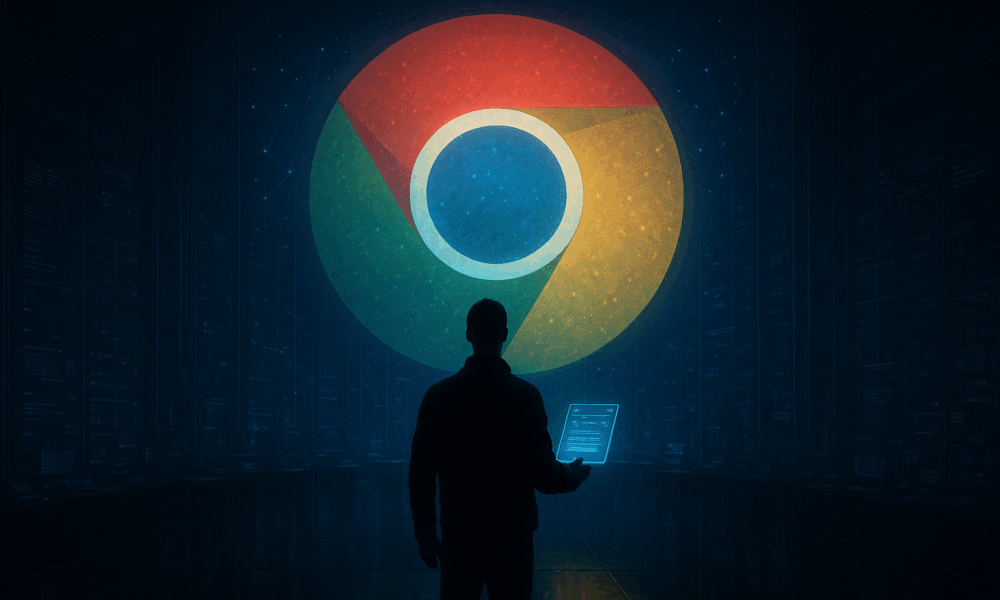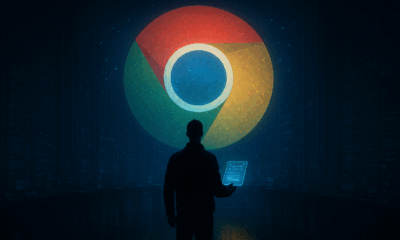


Meet Google’s AI Mode – The Future of Search Has Arrived Google Search has always been fast, but it hasn’t always been smart. That’s changing with...



A New Chapter for Web Browsing On September 18, 2025, Google pulled the curtain back on what it’s calling the most significant upgrade to Chrome in...



In a brazen move that reads like a tech drama script, Perplexity AI—a scrappy three-year-old startup—has made an unsolicited $34.5 billion all-cash offer to buy Google’s...



An agentic browser tailored for the AI age—can Perplexity’s Comet dethrone established giants like Google and Apple by harnessing the power of smartphones? A New Rival...